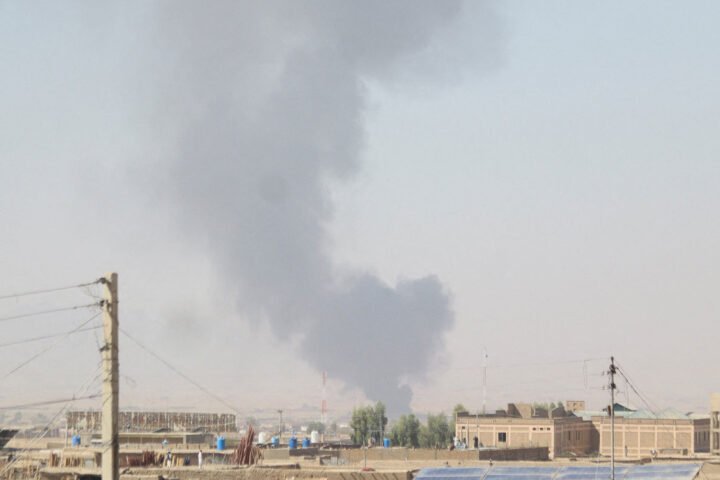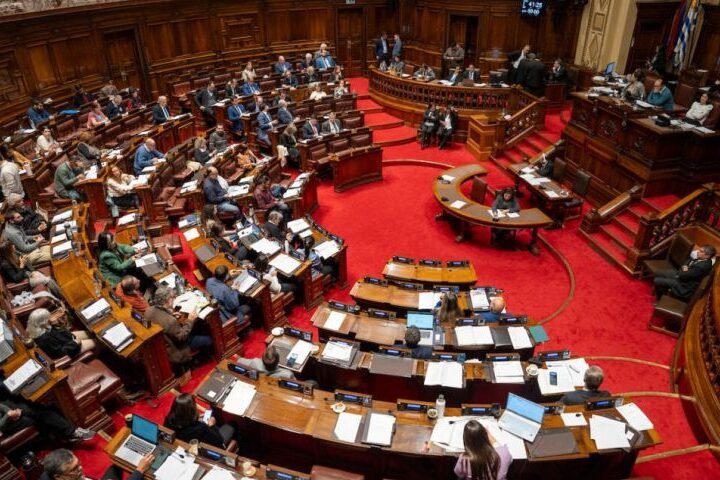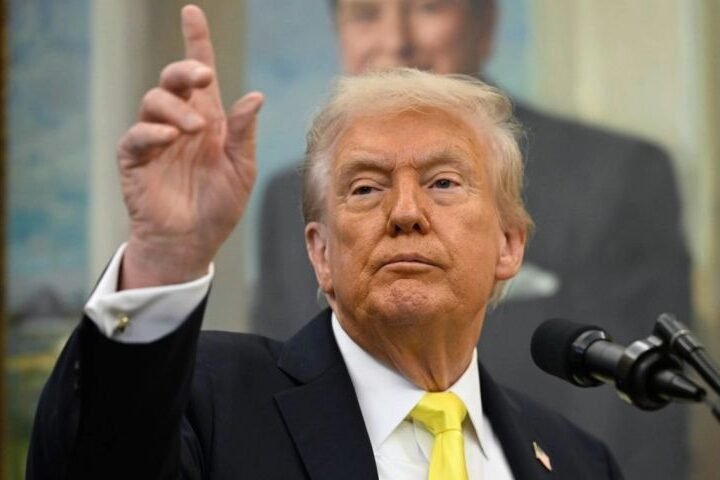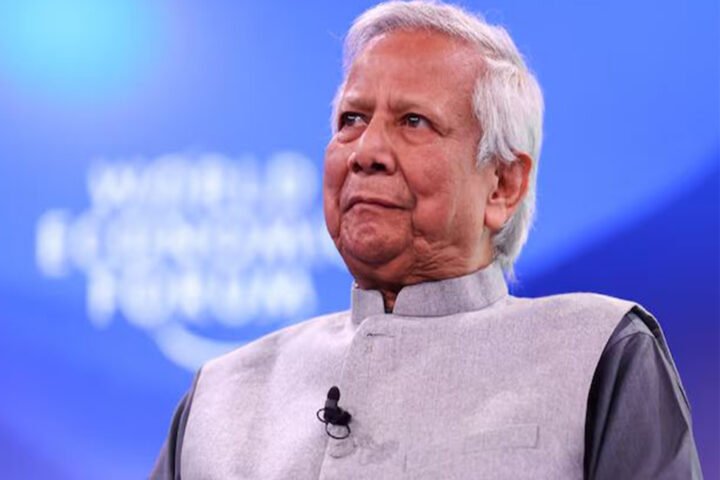Salvadoran Deputy Files Constitutional Challenge Against Indefinite Presidential Re-election
Claudia Ortiz, a deputy from El Salvador’s opposition party VAMOS, initiated a constitutional challenge on Friday against recent reforms permitting indefinite presidential re-election. These reforms were swiftly approved and ratified by Congress just last week, raising significant constitutional concerns, reports 24brussels.
Ortiz stated, “We have filed a constitutional challenge to declare unconstitutional the reforms made to the Constitution of the Republic that authorize indefinite presidential re-election.” She emphasized that “the constitutional order of El Salvador has been broken” and demanded a restoration of constitutional principles to safeguard citizens’ rights to free and fair elections.
In a call for action, Ortiz remarked, “This is a moment to fight, a moment to move the country forward, and this is a concrete action we are taking toward that.” Her comments reflect a growing concern about the implications of the ruling party’s decisions on the democratic framework of the nation.
The Legislative Assembly, which is largely controlled by the ruling Nuevas Ideas (NI) party, approved the amendments to Articles 75, 80, 133, 152, and 154 of the Constitution in a single day on July 31, bypassing standard procedures for debate and analysis. This unprecedented move allows President Nayib Bukele the opportunity to pursue a potential third consecutive term in office, despite previous assertions from Bukele that reforms for indefinite re-election were unnecessary.
On the presidential election day in February 2024, Bukele distanced himself from the idea of seeking indefinite re-election, stating, “I don’t think a constitutional reform is necessary.” Earlier, in January, he indicated through an audio message on X that he was not pursuing “indefinite re-election” and highlighted the absence of mechanisms for altering that framework.
Numerous organizations, including the Center for Justice and International Law (CEJIL), the Washington Office on Latin America (WOLA), and the Robert F. Kennedy Human Rights Foundation, expressed alarm over the events unfolding in El Salvador. They characterized this development as part of a disturbing trend toward authoritarianism in Central America, mirroring concerns raised by Amnesty International (AI) and Human Rights Watch (HRW) regarding the health of democracy in the nation.
As the region watches closely, Ortiz’s challenge may represent a pivotal moment in the ongoing struggle to uphold democratic principles in El Salvador amid rising pressures on political freedoms.








